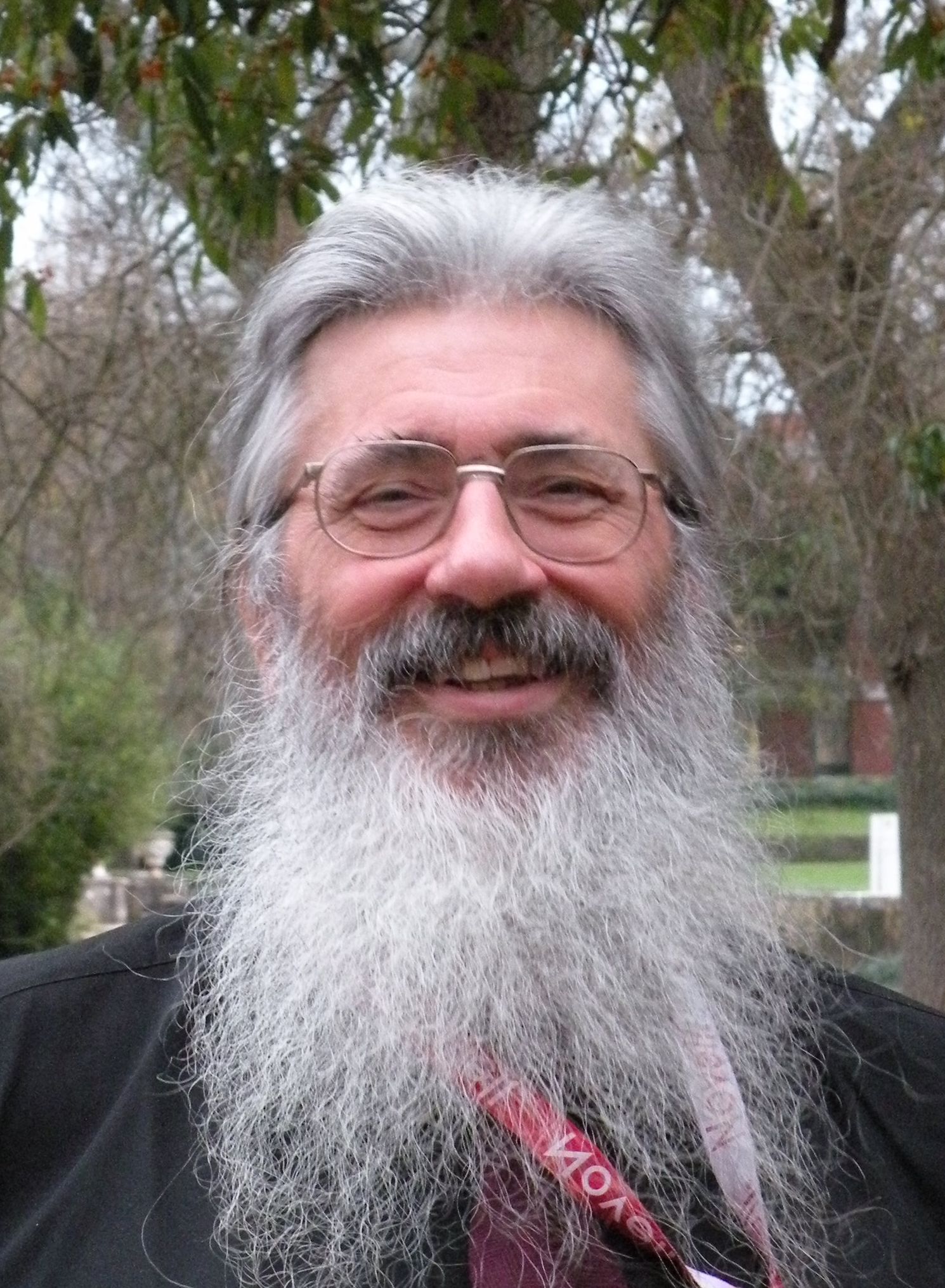

|
|
IB15S Introductory Bioinformatics (second course)Downloadable poster in PDF |
|
IMPORTANT DATES for this Course
Candidates with adequate profile will be accepted in the next 72 hours after the application until we reach 20 participants. |
Instructors: |

David P Judge is a Computer Scientist that teaches Bioinformatics since 1985. He runs the Bioinformatics Training Facilty housed at the Department of Genetics in the University of Cambridge, providing the necessary environment for graduate and undergraduate courses, on top of a comprehensive training programme in cooperation with the European Bioinformatics Institute, the Wellcome Trust Sanger Institute and the Instituto Gulbenkian de Ciência through GTPB. He teaches Bioinformatics in several international training programmes and is regularly invited to teach in many places in Europe, Asia, Africa and America. His course notes and exercises are well known in the international community of Bioinformatics professionals and users, many of which (difficult to count) have had their first contact with Bioinformatics through him. David pioneered Bioinformatics Training at the IGC in 1986, in the scope of a MSc course. He collaborates in GTPB regularly since its inception in 1999, several times per year. Affiliation: University of Cambridge, Department of Genetics, Cambridge, UK |

Pedro Fernandes graduated in Electronics and Telecommunications Engineering at IST (U.T. Lisboa). He worked in Biomedical Engineering, Biophysics and Physiology and changed to Bioinformatics in 1990. He established the first user community in Portugal around the national service provided by the portuguese node of the EMBnet. In 1998 he created the Gulbenkian Training Programme in Bioinformatics, that provided user skills to more than 3200 course attendees throughout its twelve years of existance. In 2002, in cooperation with Mario Silva from FCUL, he designed a graduate Programme in Bioinformatics. He currently teaches Bioinformatics both in graduate and undergraduate programmes. Affiliation: Instituto Gulbenkian de Ciência, Oeiras, PT |

Bert Overduin has a M.Sc. degree in Biology from Leiden University, The Netherlands, and a Ph.D. from the VU University Amsterdam, where he worked on the isolation of a fungal disease resistance gene from tomato by means of transposon tagging. After a postdoc at the University of California Davis, which focused on disease-associated programmed cell death (apoptosis) in plants, he moved back to the Netherlands and worked for six years as an IT consultant for Capgemini, mostly in the areas of web development, functional application management and business acceptance testing. From 2005 until 2014 he worked at the EMBL - European Bioinformatics Institute (EBI) in Cambridge, United Kingdom, as a member of the Ensembl Helpdesk and Outreach team. During this time he has given over 300 bioinformatics workshops in 26 countries on five continents, reaching more than 6000 people. Since 1 May 2014 he is working as Training and Outreach Bioinformatician at Edinburgh Genomics, (http://genomics.ed.ac.uk), the high throughput genomics facility of The University of Edinburgh. Affiliation Edinburgh Genomics, The University of Edinburgh, Ashworth Laboratories, Edinburgh, Scotland, UK |
OverviewThis is an entry level course aimed that those with a reasonable biological background but no significant experience with bioinformatics. The course is broadly based around a series of exercises in which a combination of simple analytical tools and reference to publicly available databases is applied to the investigation of a single human gene. The training manual for the course is comprised of detailed instructions for the tasks undertaken. Included are, questions (with answers) and discussion of and the interpretation of the results achieved. Participants are asked to imagine an interest in the disease aniridia. Course exercises then provide extremely detailed instruction leading participants to discover the gene primarily associated with this disease and all that is interesting about that gene and its protein products. This course will also provide a soft introduction to Next Generation Sequencing (NGS) data analysis. This part of the course aims at providing basic skills that are needed when one needs to process NGS data, such as evaluating data quality, trimming sequences, changing data formats, visualising data, etc. Then, participants will learn how to address a simple transcriptomics problem, stepwise, using open source bioinformatics tools. ObjectivesThe operation of the various programs used in the exercises will be explained, but only to the extent that allows a user to select parameters intelligently and to interpret results. The course will provide participants with an awareness of a wide range of bioinformatics tools and sufficient experience to use those tools in basic investigations with a relatively high degree of user independence. In the training course design, this is intentionally built-in, to allow us to show a wide range of analytical techniques while providing enough experience to break the ice in all of them. |
Target AudienceThis course is intended for those wishing to investigate how they might begin to exploit the ever expanding abundance of computing and data resources for researchers seeking help in using them. |
Course Pre-requisitesBasic understanding of molecular biology. No particular computing expertise will be assumed. |
|
Detailed Program |
|
Instituto Gulbenkian de Ciência, Apartado 14, 2781-901 Oeiras, Portugal Last updated: Nov 2nd 2015 |